MENTAL HEALTH AWARENESS AND SUPPORT INITIATIVES
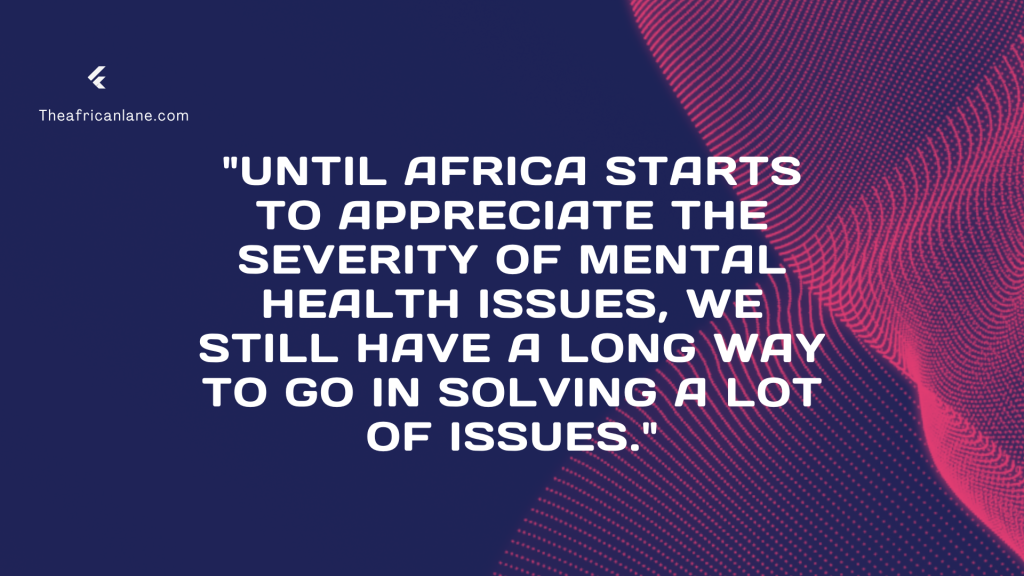
According to the World Health Organization (WHO), more than 264
million people of all ages around the world have some sort of depression. While this number represents the global population, the contributing factors surrounding depression strike a similar chord, from anxiety to drug and alcohol use disorders, to biological issues
such as bipolar effective disorder.
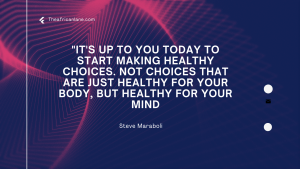
Regardless of where it originates, depression can lead to devastating
consequences. The WHO reports depression can lead to suicide, something that costs close to 800,000 lives per year. This statistic alone underscores the importance of mental
health awareness.
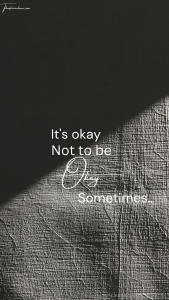
Despite this, conditions such as depression and other mental health issues have had stigmas
attached to them. Often, seeking help is seen as a sign of weakness or something that evokes shame. Have these stigmas changed in recent times? Mental health stigmas can often come from either a
place of fear or a lack of understanding. Unfortunately, this combination can foster a negative view of individuals who are dealing with mental health issues.
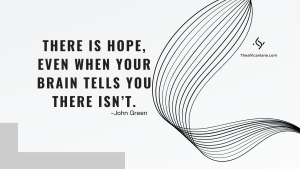
The concept of mental health stigma is more nuanced than one catch-all attitude. The first type, public stigma, refers to the negative reaction of people around one who suffers from this. The
second type, self-stigma, involves the negative attitudes that people with mental illness have regarding their illness. The third type is institutional stigma. This is a systemic stigma involving private and government agencies limiting treatment opportunities for mental illnesses via actions like lowering funding for mental
illness research.
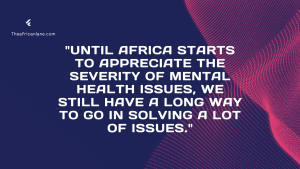
While public and institutional stigmas are generated from outside sources, self-stigma comes from within. Those with
self-stigma may feel they are victims of discrimination, and they may subsequently act like victims and encourage others to treat them differently. Qualified counselors may be able to help people with mental disorders cope with the stigmas that exist, including self-stigma.
Excerpt from The African Lane Magazine’s 4th Edition.
Download magazine👇👇 for the complete article





